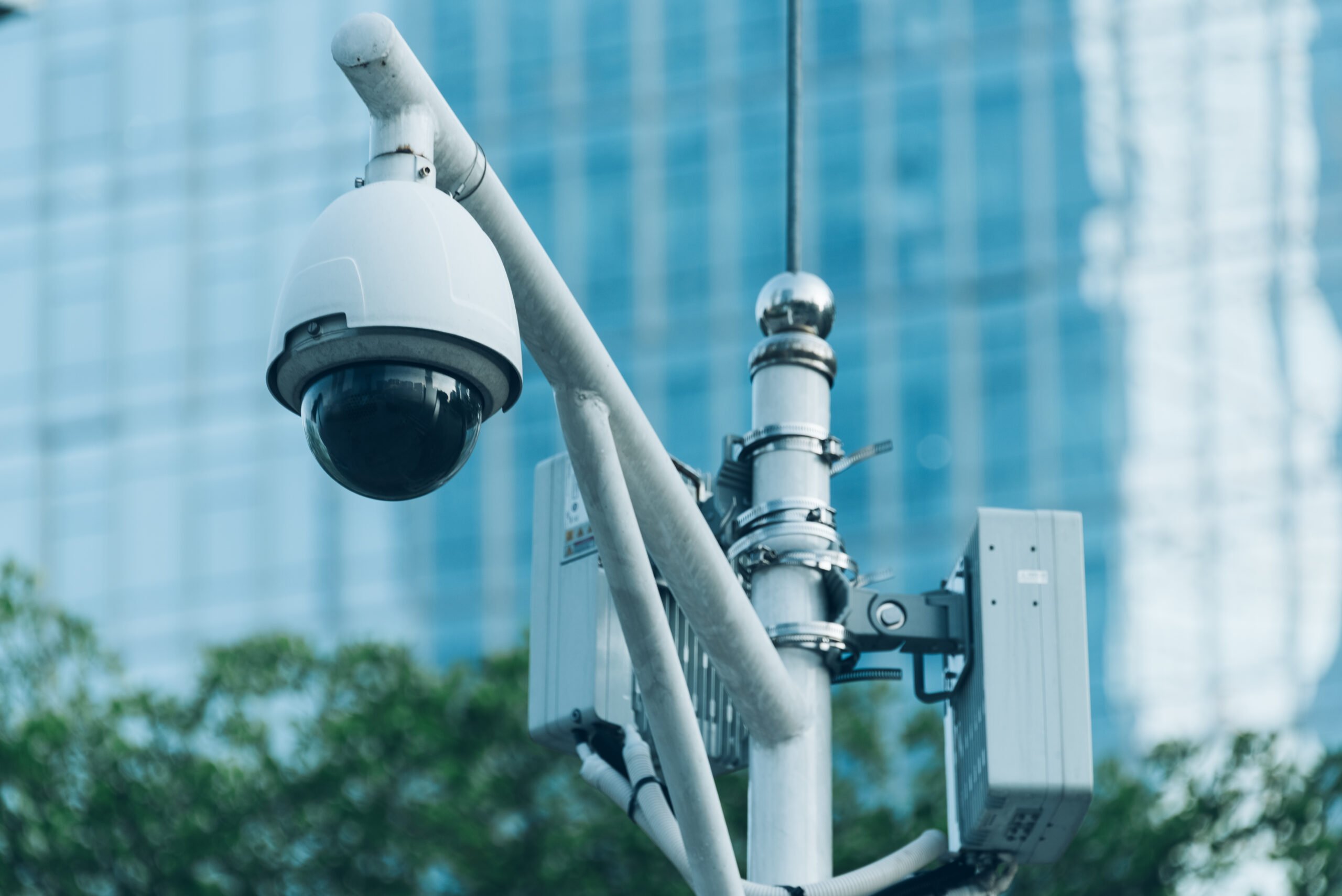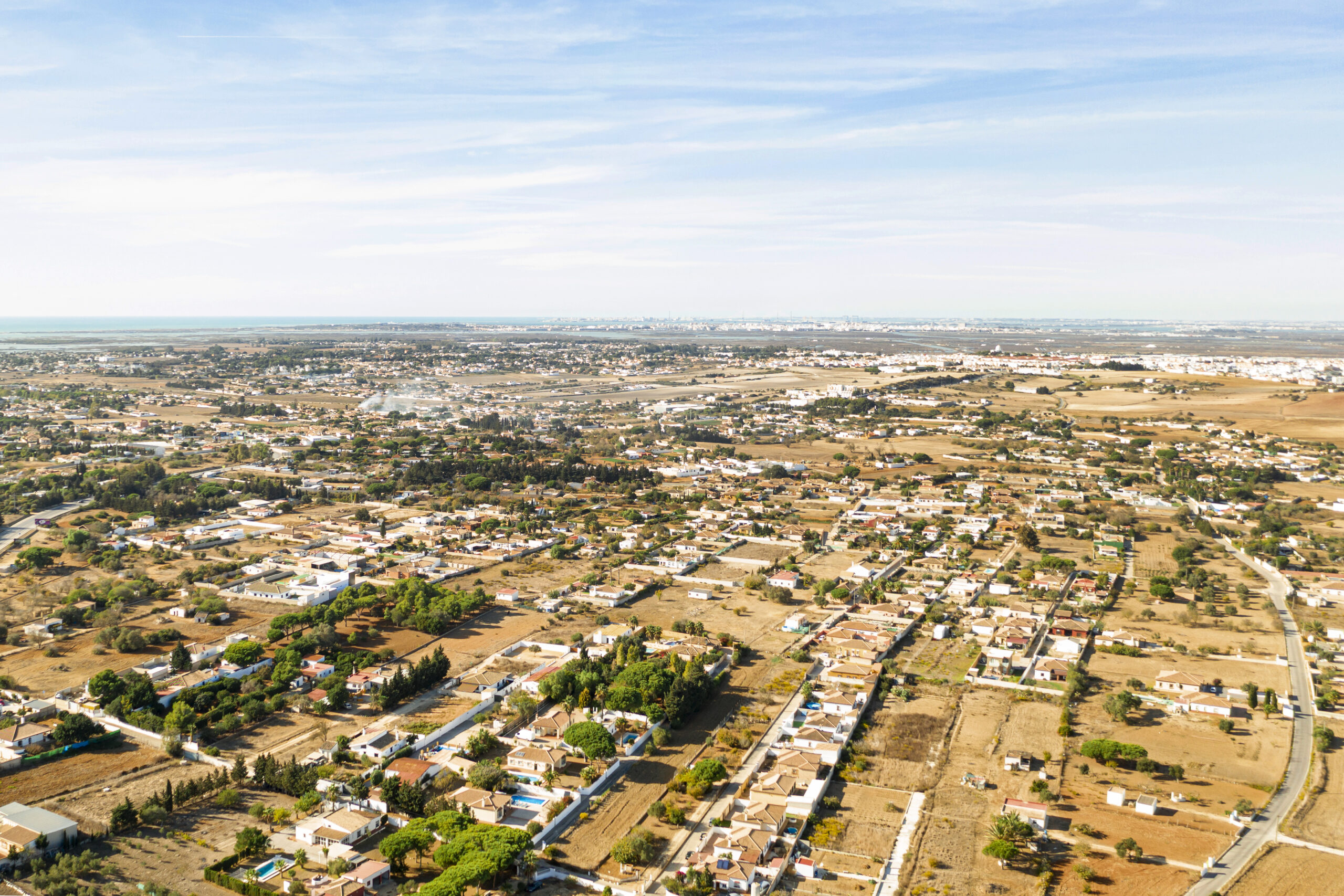The best camera installation location is important. The CCTV camera installation team covers important entrances, gates, garages, and walks, which burglars use most. The installation site is chosen for view and lighting. CCTV cameras in light places produce clear footage. Commercial CCTV cameras are raised 10 feet for safety.
CCTV Camera Installation Guide
Stage 1: Choose the right camera area.
Stage 2: Correct Position and Angle.
Stage 3: Protect CCTV camera wires.
Stage 4: Power DVR.
Stage 5: Connect your monitor to the DVR.
Stage 6: Program your DVR.
Selecting the Right Place to Home Install Security Cameras.
It’s very important to pick the right place to put the camera. The people who install CCTV cameras make sure to cover the main doors, gates, garages, and paths since these are the most common ways for thieves to get in. Installation sites are picked based on the light and view. If you put CCTV cameras somewhere bright, the video or picture will be clear. When CCTV Cameras are used for business, they are put up higher, about 10 feet, to keep them safe.

How We Manage And Protect CCTV Camera Wires
The power source for CCTV Kit is a crucial factor to take into account while installing them. Installing cameras and wiring in a home usually only requires screwing the wires into the wall or the ceiling. We do, however, have qualified CCTV camera installation available in case conduit is required for workplaces and other structures. They selected the ideal materials and required cable lengths.
Protective precautions should be taken to ensure that CCTV camera cables are kept safe because they are susceptible to damage from water, heat, corrosion, and potential cutting attempts by intruders. By placing wires within walls, wrapping them in sheaths, or painting the cables to match their surroundings, we can stop this from happening. You can be sure that your wires are adequately safeguarded with all of this.
Why Is Using A Professional To Install A CCTV System Preferable?
Installing a security camera system oneself can be difficult, particularly if cabling is needed. If security cameras are installed incorrectly, CCTV camera systems may not be able to supply them.
Hiring a professional is the best way to ensure that your CCTV camera system is installed for optimal performance. Experts from Security 360 are available to ensure that your cameras are installed effectively and at the proper angles. several companies that install cameras, such as Samsung, Sanyo, Dahua, and Hikvision, among others.
What Type of CCTV Camera Should You Buy?
Selecting the right CCTV camera for your security needs involves understanding the different types available and how they cater to various surveillance requirements.
Whether you’re securing a small home or a large commercial space, there’s a CCTV camera type suited to every scenario.
From the discreet dome cameras for indoor surveillance to the robust bullet cameras for outdoor monitoring, each has unique features designed to meet specific security challenges.
Factors To Consider
1: Sensor
A CCTV camera’s sensor is very important because it turns light into electronic signals. This has a direct effect on the camera’s ability to take pictures in different lighting situations. When picking a CCTV camera, think about the sensor’s size and type, as these will affect how sensitive the camera is and how good the images it takes.
2: Lens
The lens tells the camera how wide or small its view can be and how detailed the picture will be. You can zoom in and out with a varifocal lens without losing picture quality, which gives you more options. For places that need to be watched closely, it’s important to choose a camera with the right type of lens.
3: Resolution
High-definition (HD) cameras take pictures that are clearer and have more features. This makes it easier to recognize faces, license plates, and other important details. HD cams with resolutions like 720p, 1080p, or even 4K are great for places where clear images are very important.
Installation Method For CCTV Camera Kit
Consider CCTV camera installation. Wireless cameras may be placed in practically any place without cords, making installation easy.
While wired cameras require a more complicated installation using coaxial or Ethernet cables [2], they offer more solid and consistent connections.

Wireless and cable cameras may be combined with CCTV modulators for signal dispersion and infrastructure integration to increase surveillance versatility.
Summary
Effective monitoring and security require the correct CCTV system.
Understanding CCTV camera types is the first step to improving your security, whether you need interior or outdoor cameras, inconspicuous monitoring or a visible deterrent, or advanced features like night vision and motion detection.
Our experts can help you choose and install the right CCTV system.
We offer free consultations to create a customised security system to secure your property and give you peace of mind. Contact us immediately to start secure surveillance.














